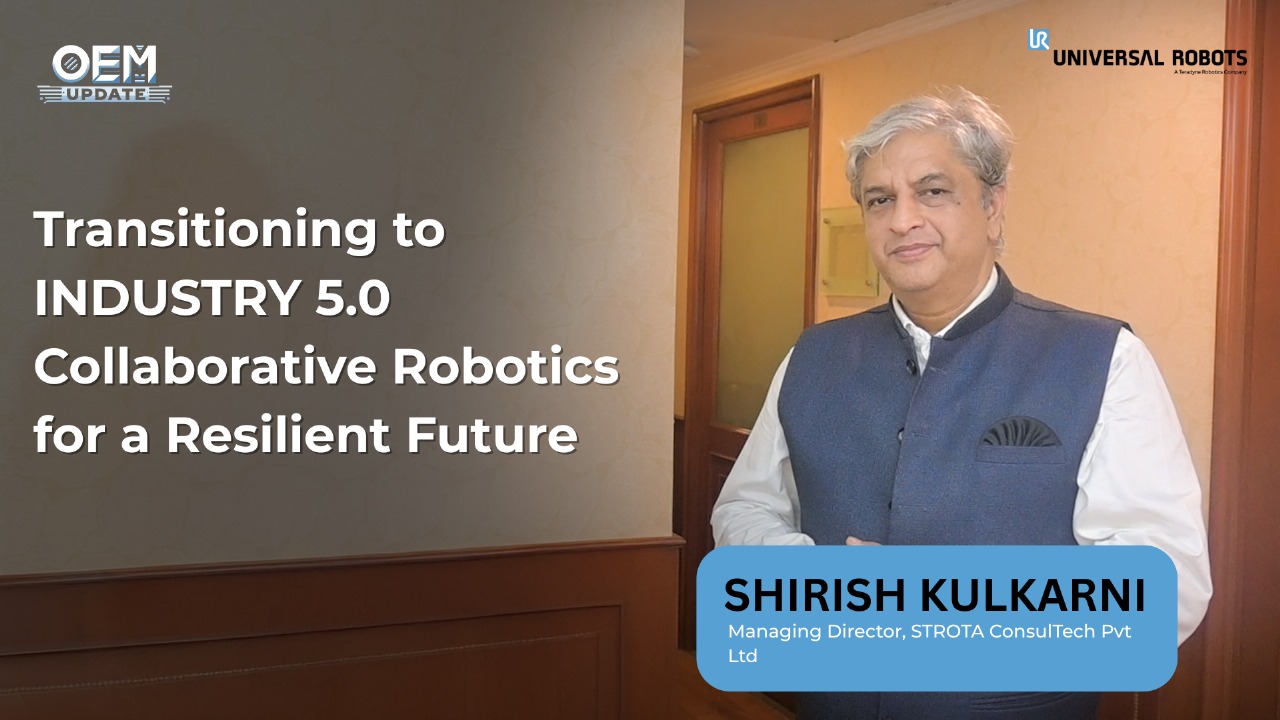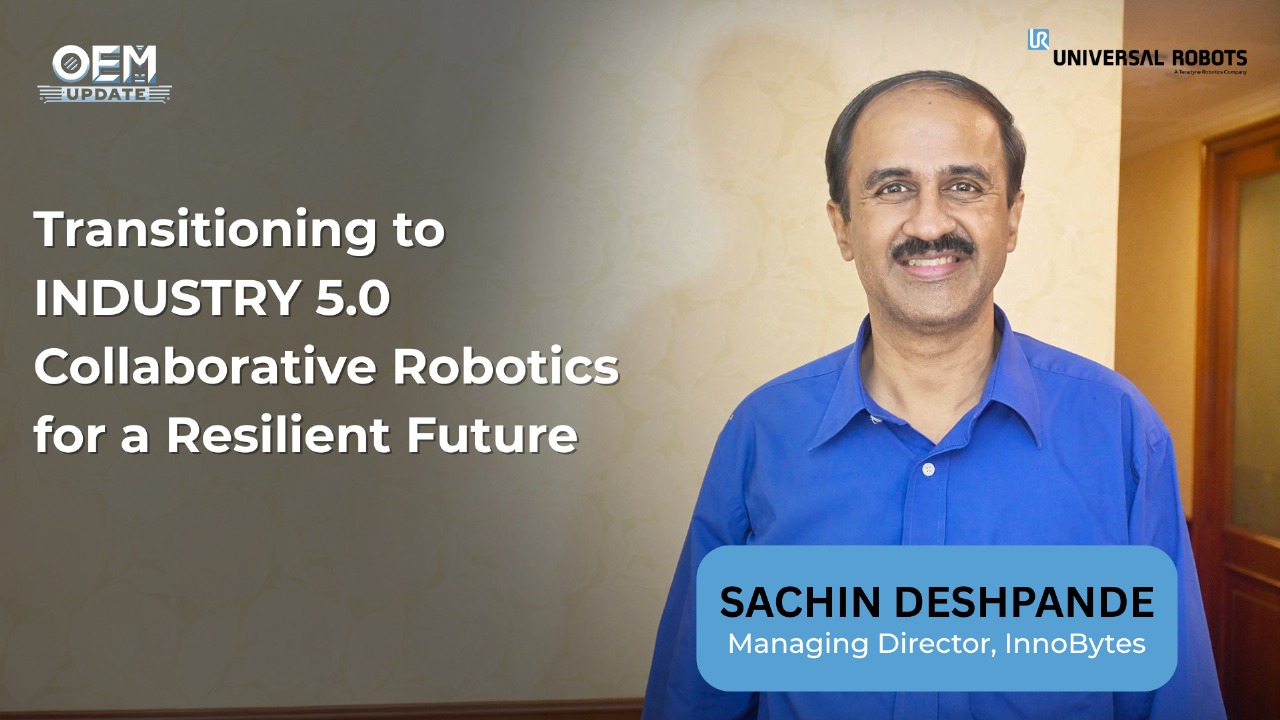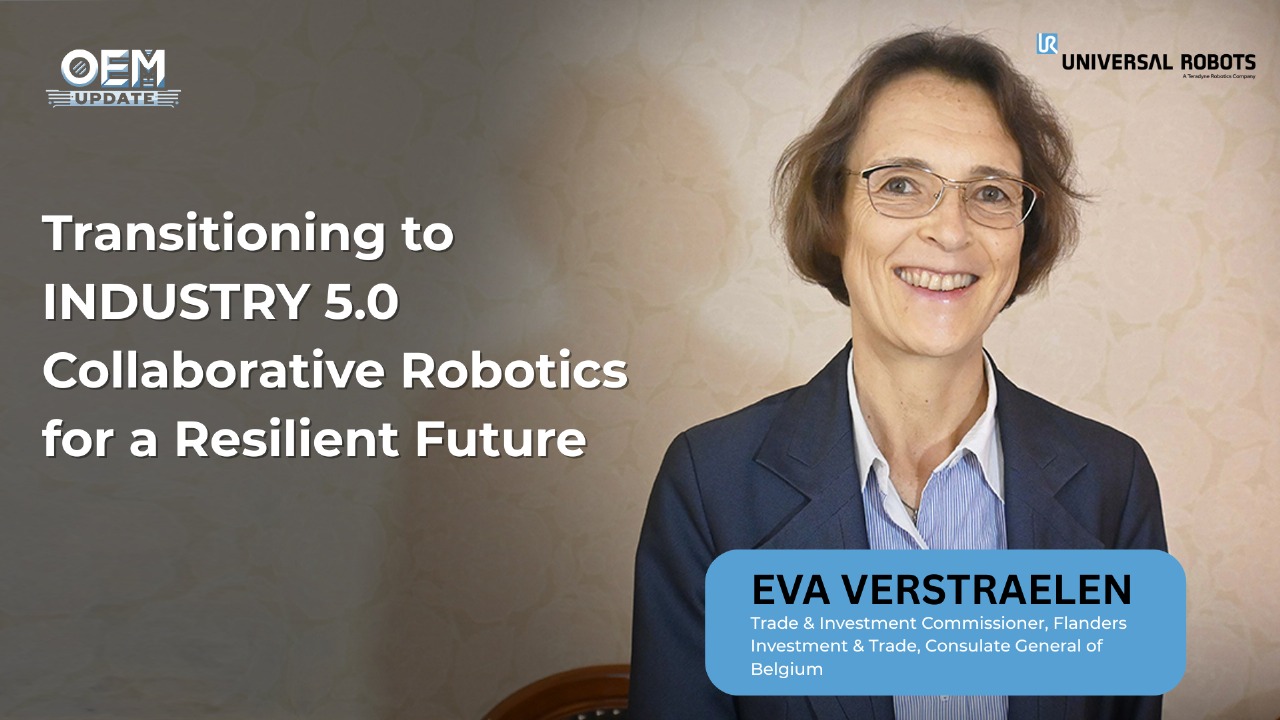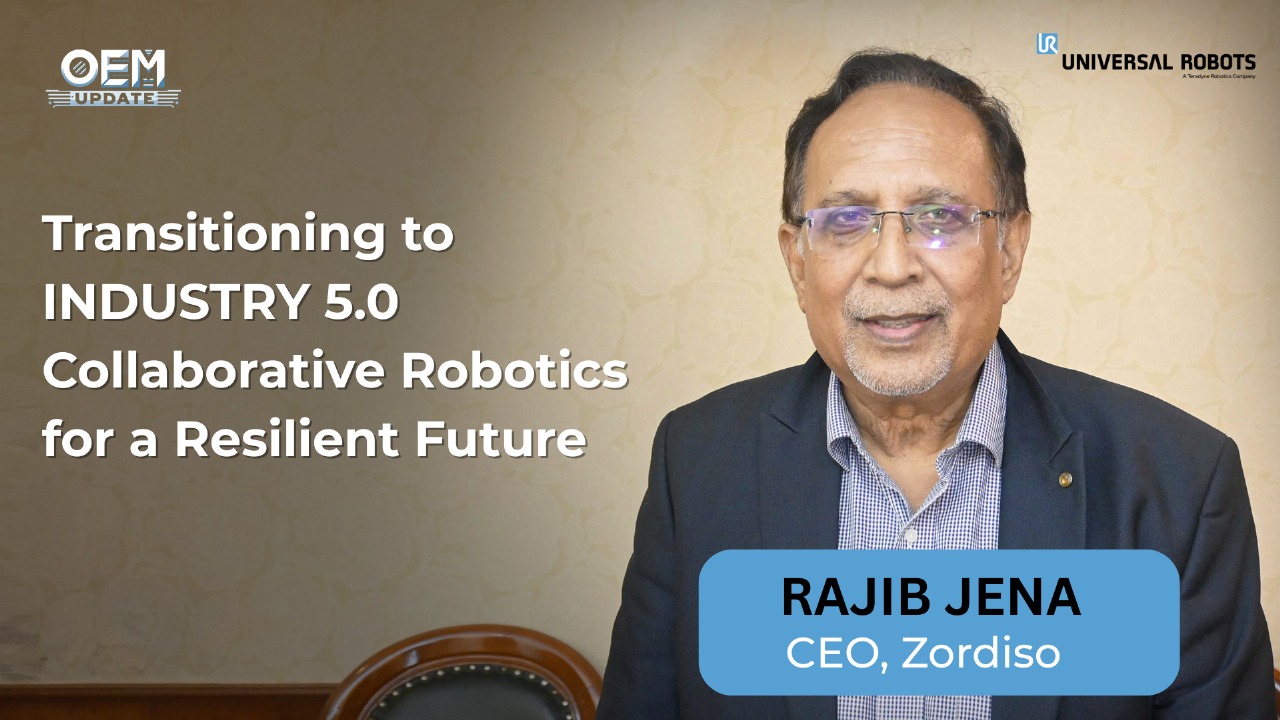Why carbon matters in manufacturing now more than ever
By Staff Report June 23, 2025 11:25 am IST
India’s push for Net Zero by 2070 puts the spotlight on manufacturing. This article highlights why cutting carbon is crucial now and how green practices can drive growth, resilience, and global competitiveness.
The tryst of India’s sustainability goals and its manufacturing sector is rather complex. The $1 trillion industry presents itself as a vital engine for economic growth, supported by initiatives like Make in India and a push for global competitiveness; its contribution to carbon footprint poses a juxtaposition.
As India makes significant strides in its journey towards achieving net zero by 2070, this duality of promise and pollution highlights that a green manufacturing model by itself cannot fuel India’s climate commitments. What India needs is a strategic carbon rethink that enhances productivity, global trade relevance, and economic resilience.
Green manufacturing: not optional anymore
In this Industry 4.0 evolution, green manufacturing is no longer a buzzword; it has gradually emerged as the backbone of a future-ready, globally aligned industry. The Ministry of Steel states that Indian furnaces emitted roughly 240 million tonnes of carbon dioxide in 2023–24, a year when mills produced 92 million tonnes of crude steel. The 2025 Energy Statistics from MoSPI (the Ministry of Statistics and Programme Implementation) projected that total energy-linked emissions stand at 1.9 billion tonnes of CO₂. Numbers from the recent International Energy Agency mention that road transport alone contributed to around 12% of India’s energy-related carbon emissions, underlining its place among the heaviest industrial emitters.
The statistics alone highlight the urgency for a carbon strategy for these critical sectors, aimed at reducing their carbon footprint whilst maintaining their global competitiveness as industries tighten their ESG and carbon border norms.
Pathways to a low-carbon industry
In order to reduce its carbon footprint, the manufacturing industry, especially the high emitters, needs to adopt sustainable solutions to run its daily operations. We are already witnessing the increasing adoption of renewables, green hydrogen, and solar energy sources in the manufacturing processes. The industry outlook on the shift towards cleaner energy sources remains largely positive, yet the practical adoption needs to pick up pace.
Additionally, carbon capture and storage technologies are enabling heavy industries to trap emissions at their source, while IoT-powered energy efficiency solutions help monitor energy consumption in real time. Thus, these result-oriented solutions help strike the golden balance between productivity and sustainability without compromising on growth.
Integrating the principles of circularity—recycle, reduce, reuse, and zero waste—in the supply chain design will not only support the green transformation of the industry but also prove to be a cost-efficient exercise.
The green jobs multiplier
According to the latest industry reports, India’s green industry would be employing an estimated workforce of 7.29 million by the fiscal year 2027–28 and a total of 35 million by 2047. The surge in investments in sectors like waste management, electric vehicles, and sustainable construction has led to the development of new roles—from energy analysts to sustainability officers, among others.
This will play a pivotal role in bridging the gap between industry and sustainability and also support the national missions on upskilling and net zero.
Carbon market: India’s green catalyst
The Government of India has been prioritising green growth by undertaking a multi-thronged approach, right from the Budget 2025 focus on sustainability to the upcoming carbon market policy aimed at rewarding low-carbon players and penalising laggards. Manufacturing is a pivotal growth engine of India’s economy, the nucleus of India’s industrial web. If it goes green, so do aligned industries like logistics, construction, tech, and exports, which will help India fulfil its net zero ambitions.
As a rising global economy, India’s green manufacturing shift won’t be just a national milestone—it will be a global statement, a framework that will help other countries in navigating their decarbonisation journey.
-Authored By Yashodhan Ramteke, Head-Carbon Business Unit, MMCM
Cookie Consent
We use cookies to personalize your experience. By continuing to visit this website you agree to our Terms & Conditions, Privacy Policy and Cookie Policy.














